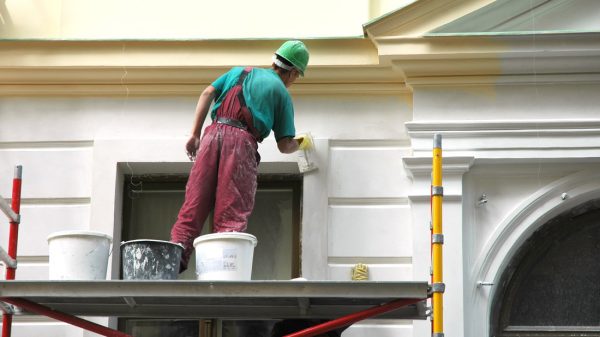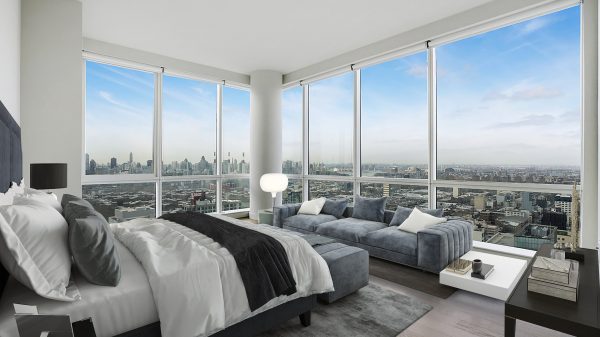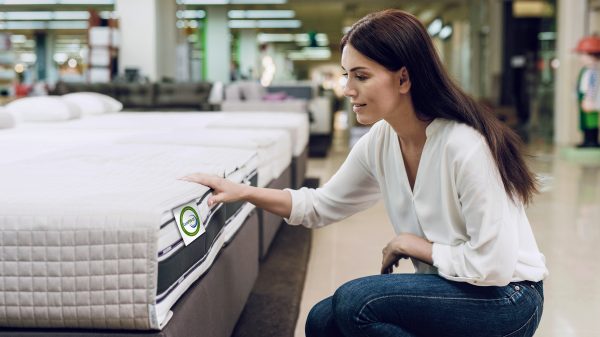Camping is a fun recreational activity that allows you to enjoy the outdoors, usually amidst all that Mother Nature has to offer. People go camping in a forest, national park, in the woods, near a river or lake, and can stay there for one or more nights. There are private campgrounds as well that are privately owned by people who encourage campers to come and enjoy the nature with them. Camping trips can be fun when organized properly.
There are many questions that you might want to ask as a new camper. Following is a list of common questions that every beginner for camping will ask. I’ll recommend not to take up camping, until you get all your questions answered and understand the requirements what all is expected.
Where Do I Camp?
There are two types of campgrounds, public and private. Public campgrounds offer a variety of places to choose from like national parks, national forests, Bureau of Land Management Areas, and State parks. Each one of these, in turn, have many campsites to choose from. All of them, more or less, offer the same amenities like restrooms, hot water for showers, and shopping areas; which are very helpful for beginners. You can get a list of the different campgrounds online and it is always better to book a place for camp beforehand. It is not very costly to camp at such sites. They may charge anywhere between $10 to $25 dollars per night. Private campsites may or may not offer the amenities and they can also charge more. In addition, they may allow only a certain number of camper’s on their grounds.
Another alternative is to pitch a tent and camp on a hillside or in the wilderness. However, you should take care to find out if it is allowed in your selected area. In such a case, remember that there are no amenities like a laundry, toilets, or a camp store nearby. You will need to carry all of the basic necessities with you when you go camping. If your family is not comfortable being outside in a tent, you can always rent or buy a camping trailer and a nice time camping in the wild.
What Camping Equipment Do I Carry?
The answer to this question will depend on where you camp. If you camp in wilderness, you will need to carry a tent, a cooler for your camping food and drinks, sleeping bags and pads, cooking supplies like charcoal and spatula, kettle, cups, plates, spoons and a pot or two. You can buy all the camping gear in sports store or at Walmart. Don’t buy expensive equipment as you are not yet experienced in taking care of them.
If you camp at public campgrounds, there is a good chance that you will get a grill or a barbecue and all the cooking ingredients from the camp store. Aside from that, you will have to carry the other necessities like clothes, tents, sleeping bags, from home with you.
What Clothes Do I Carry While Camping?
Make sure that you wear full sleeves while camping. It is important to carry some sweaters with you so that you are protected in case it becomes cold at night in the woods. It is better to take some extra change of clothes with you. Rain gear is also important, so be sure to bring a poncho and an umbrella. You will also want to have plenty of extra socks; in case the ones you are wearing get wet.
How To Set Up A camp?
While setting up your camp, you will have to consider a lot of things. Pitching tents at an elevated spot is essential, but make sure that you don’t select a spot on a slope. It would be best to choose a spot close to a water source like a spring to avoid wasting time in getting water. While looking for the above two conditions when setting up your tent, also look for a shade to shelter you throughout the day. See to it that you have an adequate area to cook your food.
Beginner or otherwise, you must carry the following items with you while going on a camping trip. Make sure that your camping trip checklist has all the following items.
- Enamel or heat-resistant plates and cups that can be used to heat food and water.
- Food for breakfast, lunch and dinner to last as long as your trip. Also carry extra food like snack bars for safety sake.
- First aid kit with all the necessary medication and bandages.
- Tent for you to stay into.
- Sleeping bags to sleep and rest in. Go with a sleeping bag that has plenty of padding.
- Flashlight is a must. Carry it always.
- Camp stove to cook your food on and to heat up the water.
- Matchbox for lighting the stove as well as for the campfire.
- Water needs to be plentifully, so that you do not face a shortage while camping.
- Sweater and some rain gear for extra protection.
- Machete to assist you to chop off the shrubs while going towards your campsite or for a walk.
- Swiss knife is always useful.
- Good hiking shoes should never be forgotten and you are going to be walking on uneven ground with lots of vegetation and small animal’s around you.
- Biodegradable soap should be preferred over the other soaps as it is more environmental friendly.
- Plenty of plastic sandwich or freezer bags to put items in to protect from the rain. You also use to store your food in as well.
A Few Extra Tips
- Don’t buy a big and expensive tent for your first camping trip. Use a cheaper but a good quality one till you get the hang of using a tent.
- While lighting the campfire, take care not to light it to close to the tent as the tent flap may catch fire if there is a strong breeze.
- While throwing the garbage, please ensure that you throw it in the dustbins and not around the campsite.
- While washing the utensils or yourself, use biodegradable soap as it is environmental friendly.
- Plan the meals before you go for a hike. You might be back late and may be very hungry. Also, carry enough to last you until the end of your trip.
- Get used to the camping gear when you buy it for the first time. An ideal thing to do will be to camp for a night in your own backyard to get a feel of camping.
- Camp close at home for your first camping trip to enable you to reach home faster in case you do not like the experience. Also, closeness to your home will provide first time campers with a greater sense of security.
- Lastly, store the gear for your next camp. Don’t neglect to take proper care of it as the gear can be used for several camping trips before you would discard it.
There are several benefits of camping like staying closer, no television to intrude into the family time and a walk in the nature. The above tips were just a few of the important camping tips for beginners. Now go out and have some fun.









